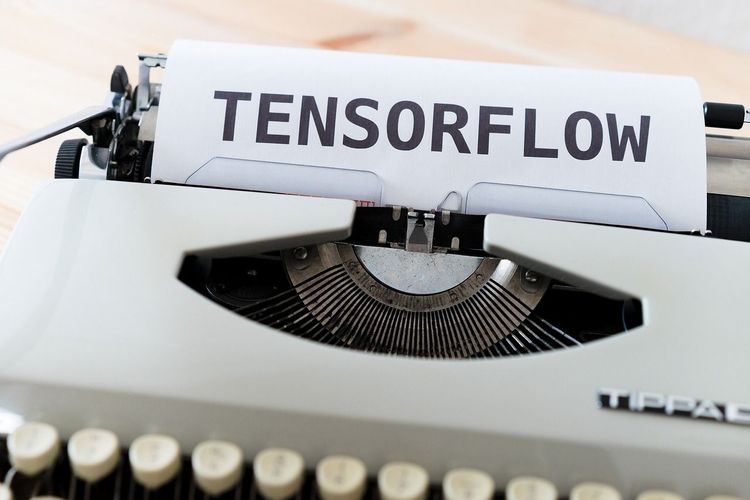Meta's Voicebox AI: The DALL-E of Text-to-Speech Technology
Most people like

In today's rapidly evolving educational landscape, students face unique challenges when it comes to writing assignments and ensuring academic integrity. With the rise of artificial intelligence tools, it's crucial to have reliable AI detectors that can identify AI-generated content while also utilizing advanced AI rewriters that enable students to create original, high-quality work without detection. This powerful combination empowers learners to enhance their writing skills and maintain their academic integrity, all while navigating the complexities of modern education.

Unlock your content potential with our AI writing assistant, designed to enhance your writing efficiency and improve the quality of your outputs. Experience faster, more effective content creation that captivates your audience and meets your goals effortlessly.

Introducing the AI-Powered Math and Physics Tutor: Your Ultimate Learning Companion
Unlock your full potential in math and physics with our advanced AI-driven tutoring platform. Designed to provide personalized assistance, our AI tutor adapts to your learning style, helping you grasp challenging concepts and excel in your studies. Experience tailored lessons, instant feedback, and engaging practice problems that make complex topics easier to understand. Discover the future of education with the AI-powered tutor that transforms how you learn math and physics!

Introducing an AI platform designed to meet all your content creation needs! Whether you're a marketer, a blogger, or a business owner, this innovative solution streamlines your content generation, ensuring quality and efficiency. Discover how our AI-driven tools can enhance your creativity and productivity, making it easier than ever to produce engaging and impactful content tailored to your audience. Embrace the future of content creation today!
Find AI tools in YBX



